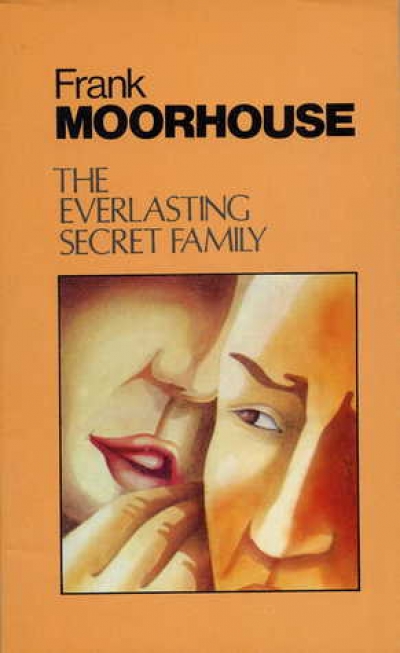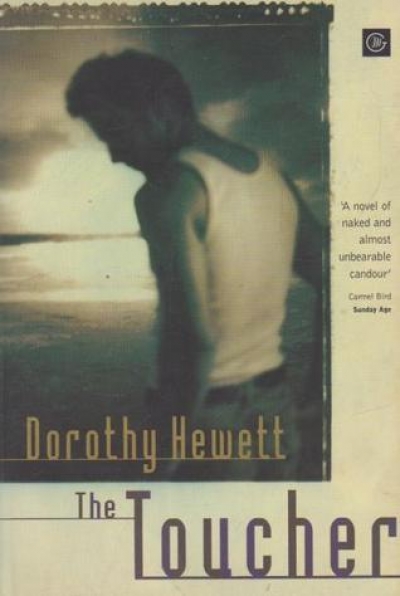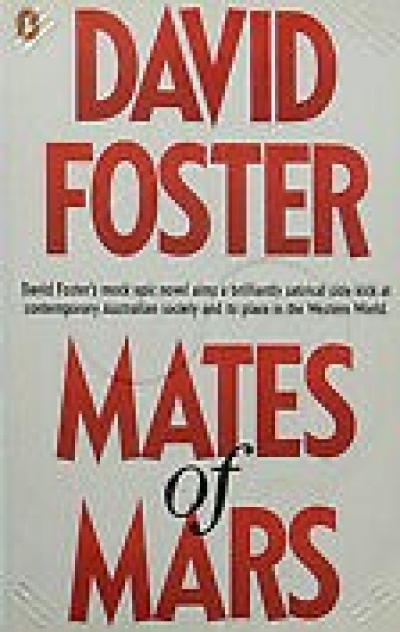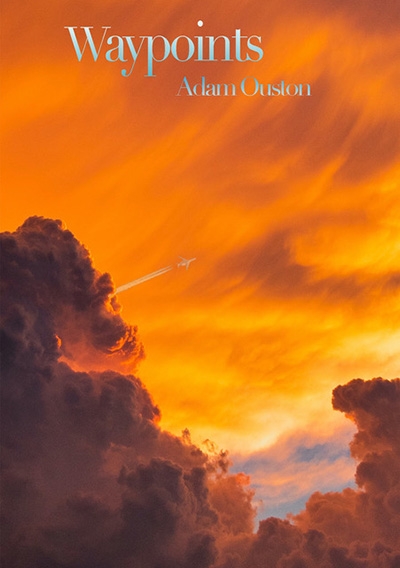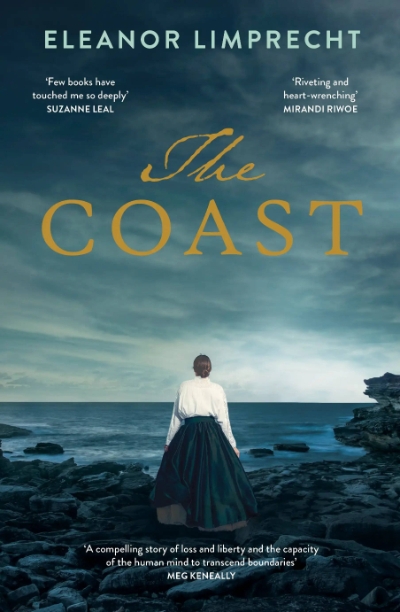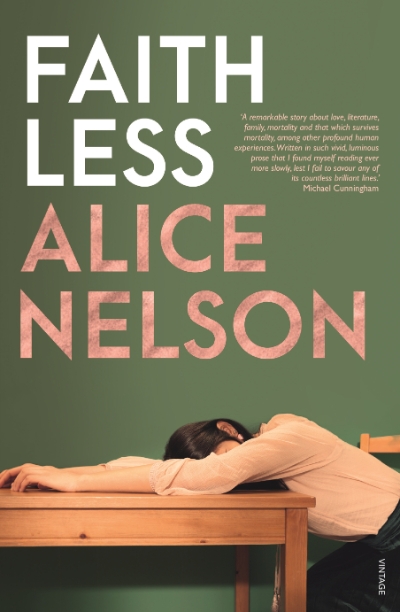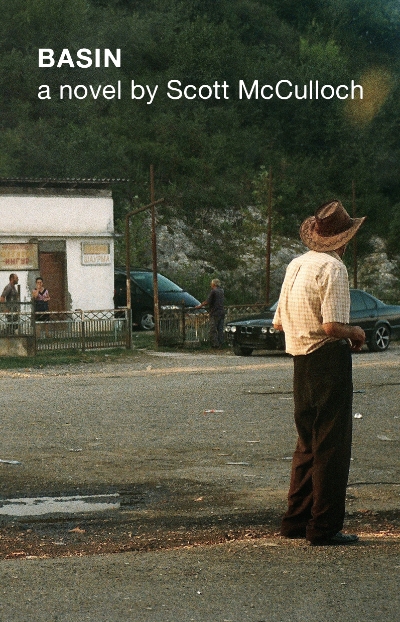Australian Fiction
So, my lad, you’ve got yourself born. It happens to all of us, and say what they will, those Deep-South Born-Again Americans, it is a-once-in-a-lifetime occurrence. One birth, one life, one death. You are fortunate; you have a good, a very good pair of parents, you have a strong body, and a questing mind. I had the same, a firm base from which to start out. I had ...
When Dorothy Hewett won the Victorian Premier’s Literary Award for non-fiction with the first volume of her autobiography, Wild Card, it was a popular choice on the night. She’s a writer who has attracted all kinds of controversy, from libel suits to outrage over her flamboyant politics, both sexual and social. She has published four volumes of poetry, thirteen plays, but only one novel, called Bobbin Up, back in 1959. Jack Beazley, in a review for the Communist Review, criticised the novel for ‘an overstressing of physical relations’; a judgment that evidently didn’t deflect Dorothy Hewett from her interests, since physical relations, and the way that women feel about them, are still stressed in The Toucher. Setting herself a difficult task, Hewett has placed her central character, a woman writer, in a wheelchair, and without the company of a male lover, in order to talk about some of the things that preoccupy her now: old age, loneliness, physicality, relationships, personal history. She’s a generous talker, open and friendly, willing to think about any topic that is presented, and obviously very pleased to have produced another novel after years of believing that she couldn’t write one. I began by asking Dorothy Hewett how she felt about returning to the novel after so many years writing poetry and plays.
... (read more)
